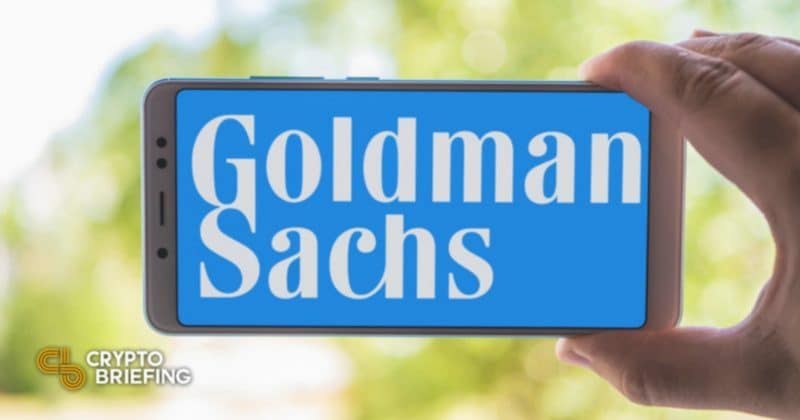Amid the growing presence of Chinese firms in Brazil, Brazilian businesses are expressing hope of being able to further expand into China’s market, while also calling for enhanced bilateral efforts to overcome challenges such as logistical bottlenecks.
“China can and should be Brazil’s largest export market for every product category,” said Christian Gogola, director of Brazilian drink company Legendaria.
“But for now, more Chinese companies are entering Brazil than Brazilian firms doing business in China,” he noted, speaking to the Post at the China International Import Expo (CIIE) on Wednesday, the first day of the six-day annual trade show in Shanghai.
Do you have questions about the biggest topics and trends from around the world? Get the answers with SCMP Knowledge, our new platform of curated content with explainers, FAQs, analyses and infographics brought to you by our award-winning team.
Gogola added that “go to China” will be the natural strategy for many Brazilian businesses, citing “great bilateral ties” between the countries.
Chinese coffee-house chain Luckin Coffee, which uses beans sourced from Brazil, is featured at the Brazilian national pavilion at the China International Import Expo in Shanghai. Photo: Frank Chen alt=Chinese coffee-house chain Luckin Coffee, which uses beans sourced from Brazil, is featured at the Brazilian national pavilion at the China International Import Expo in Shanghai. Photo: Frank Chen>
Chinese companies have been expanding their footprint in Brazil, with a report by the Brazil-China Business Council in September showing that Chinese investment in Brazil more than doubled in 2024 from the previous year.
According to the report, the surge would make Brazil the leading destination for Chinese capital among emerging economies, while worldwide, the South American country ranked third – behind only Britain and Hungary.
Last month, Chinese carmaker BYD inaugurated what it called its largest electric vehicle plant outside Asia, with the new complex in Brazil representing an investment of 5.5 billion reals (US$1.02 billion).
Speaking at the opening of the complex, Brazilian President Luiz Inacio Lula da Silva praised the investment.
“Since God writes in crooked lines, He needed Ford to leave Brazil and BYD to come,” he said. “And I think it was a good replacement for us, because this is the most important technology in the global automotive industry.”
Brazil also has a notable presence at this year’s CIIE, with the country’s national pavilion – organised by the Brazilian Trade and Investment Promotion Agency (ApexBrasil) – marking its eighth consecutive appearance at the event.



























